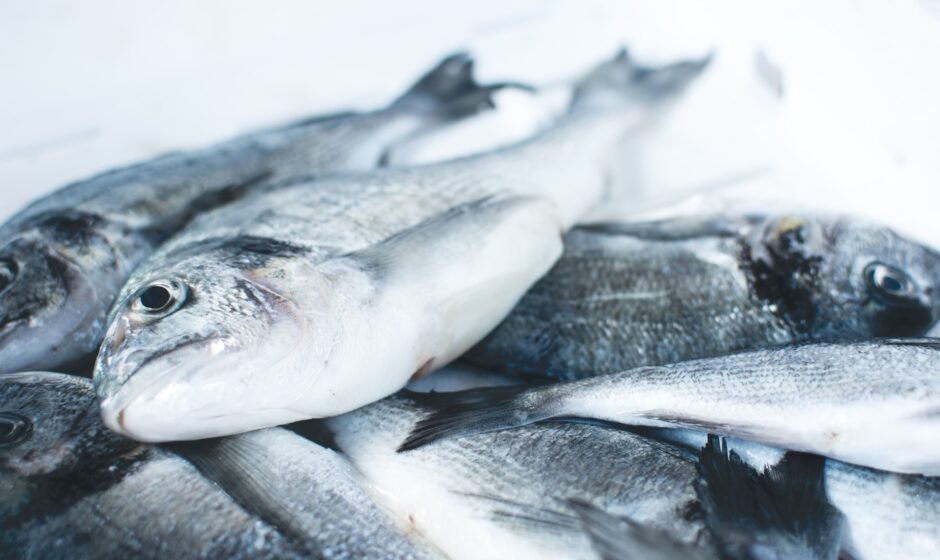The increasing sea surface temperatures in Indian waters are disrupting the distribution and life cycles of fish, according to JK Jena, Deputy Director General of the Indian Council of Agricultural Research (ICAR). Speaking at a global conclave on integrating climate change into international fisheries governance, Jena highlighted the consequences of rising sea temperatures on fish maturity, reproduction, and spatial distribution.
Over the past 40 years (1975-2015), sea surface temperature analysis revealed a notable increase along different coasts, with the highest impact observed along the NW coast. The rise in temperature is influencing the spatial distribution and phenology of fish, leading to premature maturation at smaller sizes. This has resulted in decreased reproductive output and recruitment to fisheries, exemplified by species like the Bombay duck and silver pomfret.
Commercially significant fish species like the Indian oil sardine and mackerel are now extending their distribution to new regions due to the changing sea conditions. Jena emphasized the need for research initiatives, including climate-resilient marine fisheries projects, to comprehend long-term patterns and develop strategies to safeguard the future of Indian fisheries.
India has initiated projects for developing species distribution climate models and a climate-smart marine fisheries value chain. The former aims to predict alterations in sea temperature, ocean currents, and other climatic elements influencing fish populations, while the latter focuses on strengthening the marine fisheries sector’s value chain.
Jena also addressed the rising occurrences of Harmful Algal Bloom (HAB) events in the Indian Ocean region, emphasizing a three-fold increase in the Arabian Sea and a two-fold increase in the Bay of Bengal over the last two decades. To mitigate climate impacts, he proposed mariculture activities involving climate-resilient species, integration of renewable energy in fishing vessels, and innovative solutions like sea ranching of depleted commercial species. The call to action is clear: proactive measures are essential to adapt and safeguard India’s fisheries amidst changing environmental conditions.

